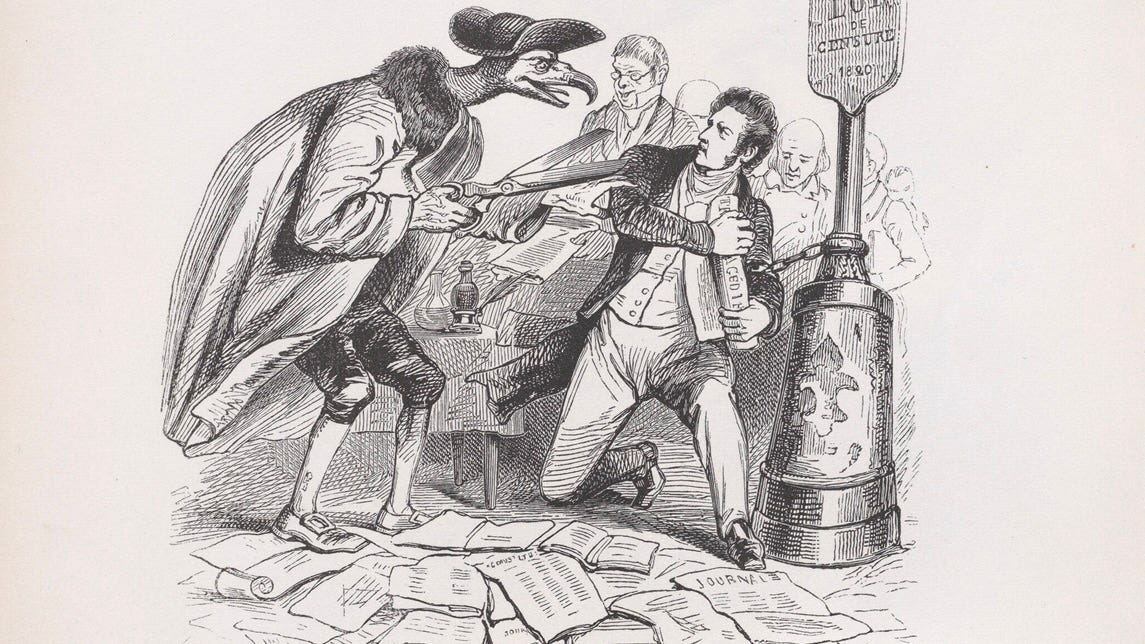I enjoyed Christine’s send-up of Mark Zuckerberg’s recent makeover and censorship-apology tour. Zuck is a powerful guy who wants to ingratiate himself with the new regime. But she’s missing a big part of the story: the FBI. The FBI is pretty powerful, too.
As mainstream outlets have confirmed, the FBI more than once sent emails to Zuckerberg asking him t…




